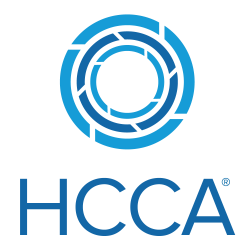The U.S. Food and Drug Administration’s (FDA’s) Center for Drug Evaluation and Research (CDER) started off the new calendar year by patting itself on the back a bit for a solid performance in 2019.
Last year, CDER approved 48 novel drugs, and while that was down from 59 in 2018, it still compares favorably with CDER’s average of about 37 novel drug approvals annually over the past 10 years, the FDA said in its “Advancing Health Through Innovation: New Drug Therapy Approvals 2019” report.
The report goes beyond a discussion of novel approvals by including an overview of an array of other notable approvals—for instance, some for new uses of drugs already being used for other indications.
“Please take particular note of these other approvals,” says Janet Woodcock, director of CDER. “You will find, as in past years, that many important advances in drug therapy approved in 2019 use an already FDA-approved drug to treat a new disease beyond that for which it was originally approved, or to treat a new population of patients, such as children.”
The report also highlights the year’s biosimilar approvals. Biosimilars have great potential for both patients and the entire healthcare system.
“As patents and exclusivity protections for biologics expire in the United States, we can expect many more biosimilars to be submitted for approval,” Woodcock says. More products on the market means greater competition that can lead to increased access to therapies and lower costs to patients.
The “Advancing Health Through Innovation” report focuses on CDER approvals. FDA’s Center for Biologics Evaluation and Research (CBER) also approves therapies to advance healthcare. For more information, visit CBER’s web page for 2019 Biological Approvals.
Author: Michael Causey



